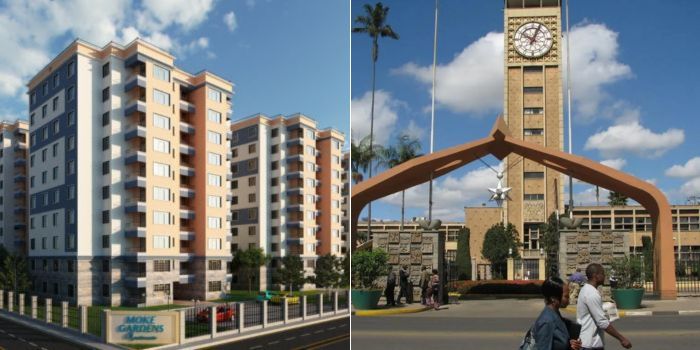A recent report from the Parliamentary Budget Office has cast doubts on the effectiveness of the affordable housing project, citing several financial and economic concerns outlined in the Affordable Housing Bill of 2023.
Released on January 10, the report delineates seven significant issues that need urgent attention to ensure clarity and fairness for citizens participating in the program.
1. Equity in Benefit Sharing; Exclusion of Low-Income Earners
The office questioned the distribution percentages within the housing fund, expressing apprehension that low-income earners may be disadvantaged. Notably, individuals earning less than Ksh20,000 per month only receive 60% of total contributions, despite registering higher numbers.
2. Lack of Alignment with the PFM Act, 2012
The report highlights a discrepancy concerning how funds accrued at the end of the financial year should be managed, as per the Public Finance Management Act of 2012. It stresses the importance of clear guidelines for fund retention unless directed otherwise by the Cabinet Secretary.
3. Clarity on Utilization of Funds for Slum Upgrading
Concerns were raised regarding the framework for utilizing 30% of affordable housing funds allocated for slum upgrading under the Kenya Slum Upgrading, Low-Cost Housing, and Infrastructure Fund (KENSUF). The report urges the inclusion of negotiation procedures with county governments to address this issue.
4. Definition of Institutional Housing Programmes and Projects
The office recommends that the bill clearly define Institutional Housing Programmes, considering existing initiatives such as the Civil Servants Housing Mortgage Fund, to ensure consistency and avoid duplication of benefits.
5. Inclusion of Proof of Contribution as Eligibility Criteria
The report stresses the importance of including proof of up-to-date contributions to the Affordable Housing Levy as a requirement for applying for affordable housing units, given that access to funds is contingent upon contributions from Kenyans.
6. Classification of Affordable Housing Units
A gap in the categorization of housing units with an average plinth area of 30 to 36 square meters was identified, as they do not fit into either the Social Housing or Affordable Housing categories outlined in the Bill.
7. Implication of Nullification of Affordable Housing Levy on Ongoing Projects
With ongoing legal proceedings regarding the Housing Levy, the report warns of fiduciary risks to the government due to contractual obligations with property developers. The State Department for Housing and Urban Development has already collected Ksh26.8 billion under the Housing Levy amid legal uncertainties, exposing potential financial strains.
Addressing these concerns, the report emphasizes, is crucial for the successful implementation of the affordable housing program and ensuring its accessibility and fairness to all citizens.

